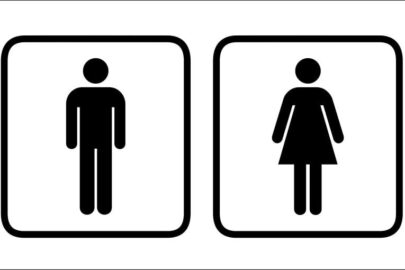Only 27% of mortgage-paying homeowners understand how cuts to the Bank of England’s base rate could affect their mortgage payments, according to new research from online mortgage broker Trussle.
In August, the Bank made the first change to the rate in over seven years, cutting it from 0.5% to 0.25%, with mortgage rates falling as a result. Tracker rates dropped by 0.25 percentage points in line with the BoE’s action, while fixed rates also hit record lows, with two-year fixed rates available from 1.39%.
However lender Standard Variable Rates (SVRs) did not drop nearly as far. The average SVR before August’s base rate change was 4.8%, but by November had fallen only 0.17% to 4.63%.
As a result of the widening gap between the best and worst rates on the market, people stuck on expensive SVRs could now save a further £380 per year by switching to a market leading fixed rate. What had been an average annual saving of £3,120 has grown to £3,500, as a result of August’s base rate cut.
While 27% of mortgage borrowers in Trussle’s study, which was carried out by YouGov, knew how a cut to the base rate would affect their own mortgage payments, there was a huge disparity between male and female borrowers. 35% of men claimed to understand the relationship, compared to just 19% of women. This gender divide was also apparent when respondents were asked whether they kept track of their mortgage payments, with 33% of men claiming they did so, compared to just 23% of women.
In the research, borrowers were also asked if they were happy with their mortgage. Only 36% of borrowers said they were content with what they were paying in the current environment of rock-bottom mortgage rates. This could be explained by the one in three borrowers currently on an SVR. Despite the high proportion of people unhappy with their mortgage, just over one in 20 borrowers (6%) have considered switching to a better rate since the Bank of England cut the base rate to 0.25% in August. When asked what had ever stopped them from switching, 20% said the process would be too much hassle, while 14% said that it all seemed too complicated.
Ishaan Malhi, CEO of Trussle, said: “The mortgage sector is shrouded in a level of complexity and jargon that continues to discourage borrowers from acting swiftly to secure a better deal. The base rate is the most significant factor affecting mortgage rates, so it’s a shame that so few understand its effect on the most important financial commitment of their life.
“The industry has a role to play in demystifying mortgages for consumers, educating borrowers to make mortgages more accessible, but it’s vital that borrowers are clued up about when and how they should switch to a better rate, especially since today’s rates are as low as they’ve ever been.”
